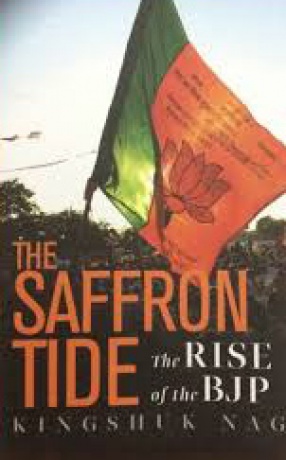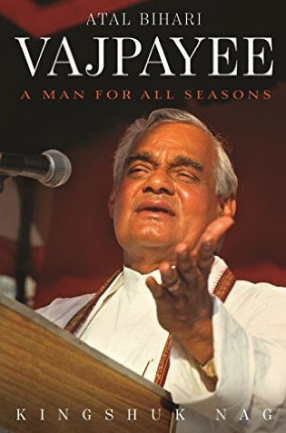The counting of votes in the general elections of 2014 began on the morning of 16 May. By mid-day, the Bharatiya Janata Party stormed into power with a full majority in the Lok Sabha, the only other party after the Congress in 1984 to have received such a resounding mandate.
The BJP traces its origins to the Bharatiya Jana Sangh, originally set up by Syama Prasad Mookerjee in 1951 to take up the cause of Bengali Hindus in erstwhile East Pakistan. A bit player in Indian politics, the Jana Sangh only entered the big league after it forged an alliance with several other players to form the Janata Party and take on Indira Gandhi in 1977. This coalition broke up in 1980, and it was then that the BJP emerged in its present avatar. Today, the party has a pan-Indian presence with a devoted base, not just within the country but also among the Hindu diaspora worldwide. However, the BJP s remarkable rise has not been without struggle.
It was only in 1998 nearly two decades after its founding that the party first tasted power. Voted out in 2004, the BJP sat in the Opposition for a decade before taking up the reins again in 2004. And, while the BJP, since its inception, has presented a popular democratic alternative to the Congress, it has struggled to shed its image of being overtly wedded to the pro-Hindutva agenda.
In The Saffron Tide, a timely biography of the BJP, Kingshuk Nag traces the history of the party of India, and crystal-gazes to estimate the course that it will chart for itself in the coming years. Balanced, informative and thought-provoking, this volume will be indispensable for anyone interested in the political history of post-Independence India.








There are no reviews yet.